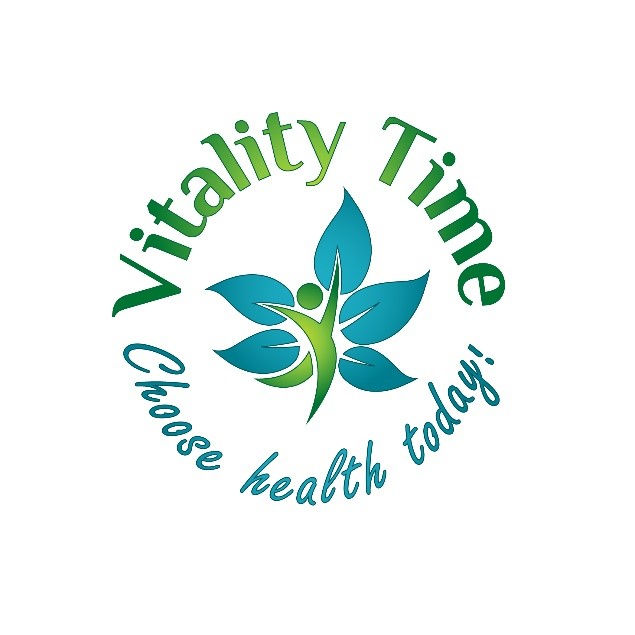Real versus Processed Foods

What do we consider to be whole foods?

Generally anything that grows out of the ground or has been reared in a method which closely resembles any animal’s upbringing. That means the vast array of fresh vegetables and fruits, nuts and seeds, wholegrains, beans and legumes, herbs and spices, as well as free range poultry, grass fed livestock and ocean caught seafood. Making healthy choices has repeatedly been shown in the research to reduce the risk of chronic disease development
What about processed foods?
On the other side of the coin we have industrial pollution (ooops I mean processed foods). Only reading labels will give you the inside information into what is actually in a product. Quite often 2 products that appear almost identical, sitting next to each other in the supermarket isle, can have vastly different ingredients. One might have a few simple identifiable words on the label, whilst another may have those same ingredients but also an additional range of other fillers and chemical additives, stabilisers…. This list could easily go on and on!

When a product is so full of ‘other’ ingredients, there is also much less of the ‘real’ food contained in the product. So whilst you might be saving that 50c, you are in fact paying a higher price for the amount of the food you are intending to purchase. The reality is that this is also robbing you of the amount of essential nutrients needed by our bodies to function properly and not increase the risk of diseases developing. They are called ‘Essential’ nutrients as our body doesn’t make them and hence we must consume these from the food that we eat otherwise we go without!
What happens when we consume too many processed foods?
Every single process in our body functions via a series of chemical steps which require enzymes to move each step forward down the line to perform the tasks that it needs to. Each of these enzymes require a variety of vitamins and minerals to function………. So guess what happens if you aren’t consuming foods with these vitamins and minerals????? It’s not rocket science and you are correct, these processes don’t continue to function normally and the body begins to suffer. Aches and pains, tired and moody, stressed and anxious, ringing any bells? Many of these vague symptoms are related to deficiencies in vitamins and minerals (1), also excesses of other components termed as anti-nutrients (2).
What about the ‘other’ ingredients?
Major ‘anti-nutrients’ which are found in huge quantities in processed foods are sugar and salt. They are called anti-nutrients due to the negative effects of excess consumption, which has been verified in many scientific research studies. I’m not going to go into too much detail about sugar as we will be spending time in the next session with this focus when discussing different carbohydrates. Commercial breads and breakfast cereals are some of the worst culprits as consumers generally don’t consider these foods to be high salt foods (3).
Now excessive salt intake you might have heard has been linked to high blood pressure? There is ample research on this (4) and also the concept it’s balance with potassium, another essential mineral in the body. What they are more recently discussing in the science is not just high sodium but in fact the balance of sodium to potassium as being more of a predictor of ill health. Interestingly when we look at whole foods versus processed foods they have opposite ratios where whole food have high potassium compared with sodium and vice versa with processed foods as you can see in the chart below (5).

More and more research is verifying the use of whole foods for overall improvements in health, no matter what health issues a person might have. Whether suggestions are taken from traditional style diets such as Mediterranean or Nordic; or from other well researched, more recently developed, whole food diets such as the DASH diet, the jury is unanimous! Consuming majority of whole foods in the diet will decrease the risk of developing all sorts of diseases and has even been shown to improve many existing health conditions (6, 7).
References
1. Huskisson, E., Miggini S. and Ruf, M. 2007. ‘The role of vitamins and minerals in energy metabolism and well-being’ Journal of Internal Medicine Research 35:3;277-89
2. Tick, H. 2015. ‘Nutrition and Pain’ Physicians Medical Rehabilitation Clinics of North America 26:2; 309-320.
3. Daugirdas, JT. 2013. ‘Potential importance of low-sodium bread and breakfast cereal to a reduced sodium diet’ Journal of Renal Nutrition 23:1; 1-3.
4. He, FJ., Li, J. and Macgregor, GA. 2013. ‘Effect of longer-term modest salt reduction on blood pressure. Cochrane Database of Systematic Reviews 4; CD004937.
5. Rolfes, Pinna and Whitney, 2009. Understanding Normal and Clinical Nutrition, Wadsworth/Cengage Learning, Belmont, CA.
6. Calton, EK., James, AP., Pannu, PK. and Soares, MJ. Certain dietary patterns are beneficial for the metabolic syndrome: reviewing the evidence. Nutrition Research 34:7; 559-568.
7. van de Rest, O et al. Dietary patterns, cognitive decline, and dementia: a systematic review. Advances in Nutrition 6:2; 154-68.















